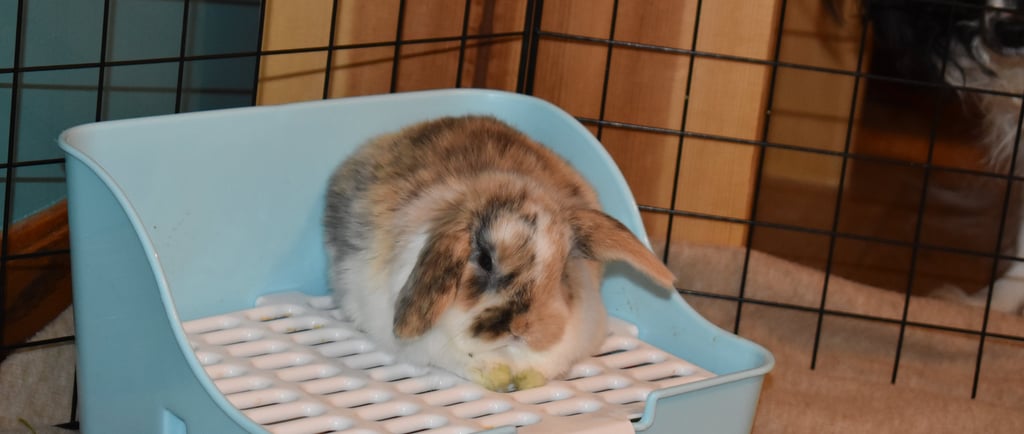A Plethora of Poo Balls
Rather than throwing your bunny's "deposits" into the trash, consider putting them to use as fertilizer in your garden.
Amy J.
2/27/20252 min read


You've brought home your new furry friend and fallen in love with that wee squishy face. Moments later, your little darling produces a poo ball, then another, and another. Before you know it, you're surrounded by a plethora of poo balls. What should you do with them?
Many people simply sweep them up and toss them in the trash. That's one way of taking care of the problem, but there are other options that involve enriching your soil and fertilizing your indoor and outdoor plants with the goodness each little poo ball contains.
Rabbit manure can be immediately added to your garden beds or potted plants without fear of "burning" their delicate leaves from a sudden application of nitrogen (N), phosphorus (P), or potassium (K). It is a cold manure. Droppings from chickens, cows, horses, and pigs are "hot" manures and must be composted for several months before they are safe enough to add to your plants.
Since bunny manure does not need to be composted, your plants can receive immediate benefit from side dressing them with a layer of poo balls. They can be dug into the garden soil or even casually tossed on top without any further effort on your part.
Creating a compost tea is another excellent use of bunny berries. This beneficial, quick-acting fertilizer can be made by simply adding one part of rabbit manure to five parts of water. Let this sit for seven days, after which time it is ready. The mixture is diluted, one cup of compost tea into one gallon of water. You can now use it to water your plants,
If you're a fan of vermicomposting (worm composting), rabbit manure can be an excellent food source for the worms, when mixed with their bedding. Because some heat will generate by mixing these carbon (paper-based) and nitrogen (bunny poo balls) materials, it's recommended that the bedding be mixed and lightly watered every day for two or three days when adding fresh rabbit manure to the vermicomposting bin. If the manure has been saturated with rabbit urine or if it has been collected into a large pile, it's typically better to allow the manure to compost for several days, so as to not overheat (and possibly kill) the worms in your bin. Additional useful information about vermicomposting can be found at wormfarmingsecrets.com.
Rabbit manure is a high-quality organic fertilizer for trees, fruits, vegetables, and flowers. Since you have a ready supply, compliments of your bunny friend, why not share the poo ball goodness and bring their benefits to your plants and garden? They will be happy you did!
